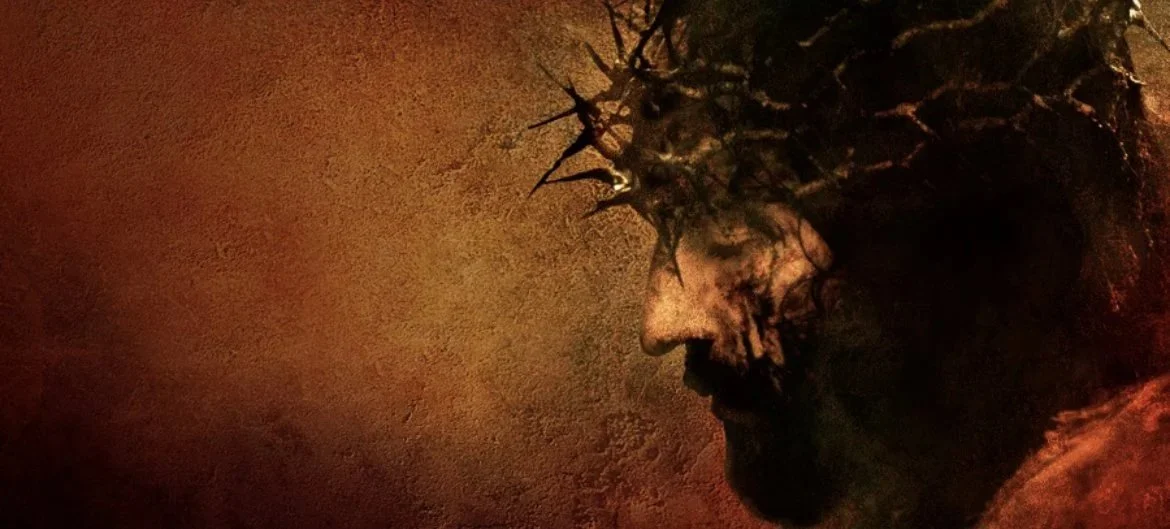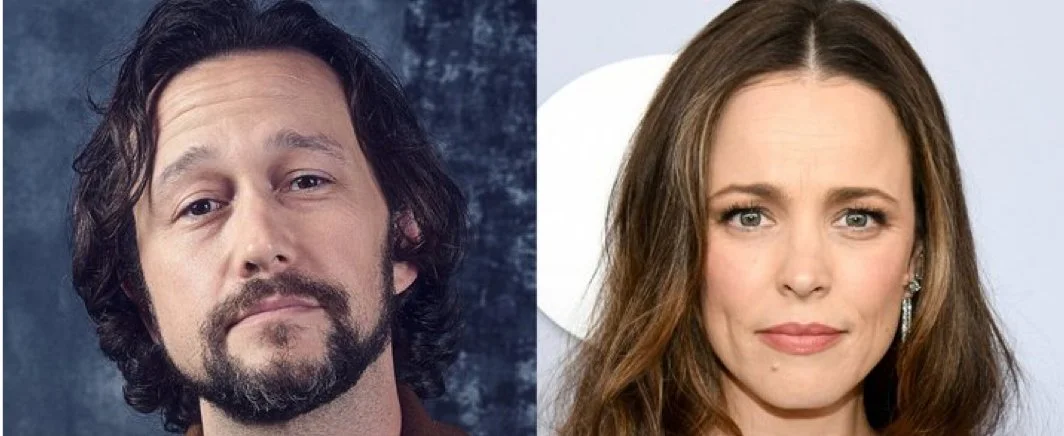One of the highlights of this year’s New York Film Festival has been watching Steve McQueen’s new film anthology, “Small Axe.” NYFF chose three of the five films featured in the upcoming BBC series, “Lovers Rock” “Mangrove” and “Red, White, and Blue.” The first two were chosen for competition for Cannes 2020 before the festival had to be canceled due to the COVID-19 pandemic. The latter had its world premiere at NYFF and was just screened for press.
Steve McQueen’s “Lover’s Rock” [A-] is a formally bold 70-minute dance party. McQueen uses his camera in unique & original ways. Some moments in this movie feel damn-near transcendent in the way they use moving bodies, music & photography to immerse the viewer in moments of pure ecstasy.
“Lovers Rock” may be the bolder movie, but in “Mangrove”, [B+] based on the true story of the "Mangrove 9," McQueen focuses his eye on a group of nine black protestors who clashed with police during a march in London 1970, they were subsequently arrested and put on trial. Depicting that trial, McQueen proves that you can make high art out of such a tiresome genre. Vital, powerful, and resonant, both films will be part of the director’s upcoming “Small Axe” miniseries, set to premiere on BBC/Amazon next week.
Each individual movie is an intimate story of a little-represented community, British Black people from the West Indies, living their lives amidst a racially hostile environment.
The third installment, “Red, White and Blue,” [B-] was a little murkier in the narrative it exuded on-screen. It was also the second film, after “Mangrove,” to tackle the systematic racism of the London police force — no doubt, repetition was something I hoped wouldn’t seep through the final few episodes. John Boyega plays Leroy Logan, a young forensic scientist with a yearning to do more for his community. When he sees his father assaulted by two policemen, he decides, much to the objection of old pops, to become police officer; an ambition carried from the naïve desire of wanting to change racist attitudes from the force. Of course, he learns that systematic racism won’t be changed by one individual, but by an assortment of forces, and yet, he tries.
The fourth episode “Alex Wheatle” [C] which has Sheyi Cole tackling the title character, his incarceration from the 1981 Brixton riot to his upbringing as an orphaned outsider, is the weakest of the five episodes, an uneven story with a lack of anchor to explain to non-British audiences just how important Wheatle actually was. It results in a film that feels like filler rather than a standout in this extraordinary series. Ironically enough, the feeling of abandonment Wheatle felt is how we feel while watching his story unfold.
However, the fifth and final movie, “Education” [B+], is a bittersweet end to McQueen’s anthology. Tackling the coming of age story of 12-year-old Kingsley (Kenyah Sandy), McQueen, much like David Simon masterfully exuded in his fourth season of “The Wire,” eludes that success, whether you’re black or white, comes down to the kind of quality schooling needed to make it in this world, not to mention an abundance of care and loving parenting at home. When Kingsley is pulled to the headmaster’s office for being disruptive in class, he discovers he’s being sent to a school for those with “special needs.” His mother (Sharlene Whyte), unaware of the unofficial segregation policy at play in the U.K. system, finds out the school Kingsely resides in actually prevents many Black children from receiving the education they deserve. This 63-minute film turns out to be McQueen’s most hopeful, still residing its wishes and cares on a system which has let down the Black population in the UK for more than a century now.
McQueen’s “Small Axe” anthology premiered in the UK on BBC One on 15 November 2020 and in the United States on Amazon Prime Video on 20 November 2020, with one episode being screened per week.





